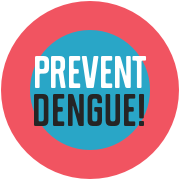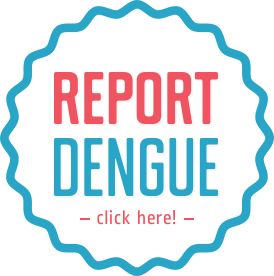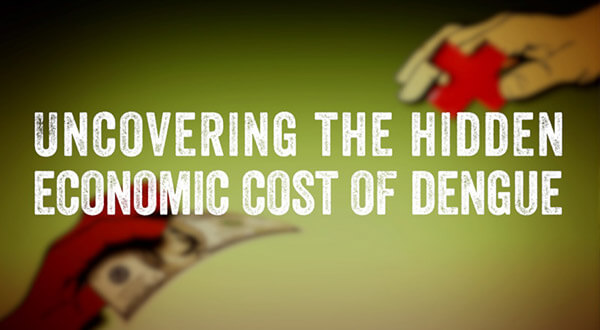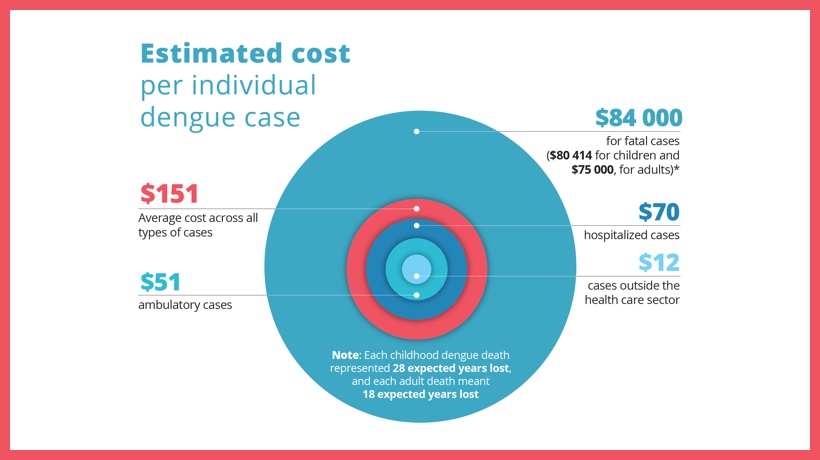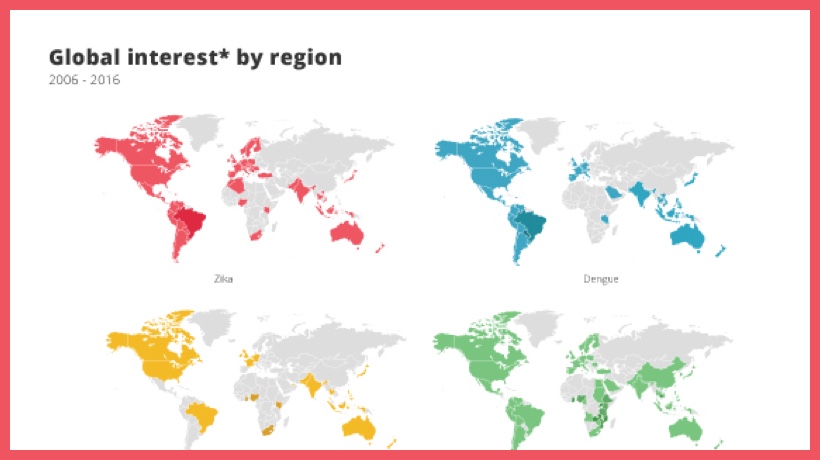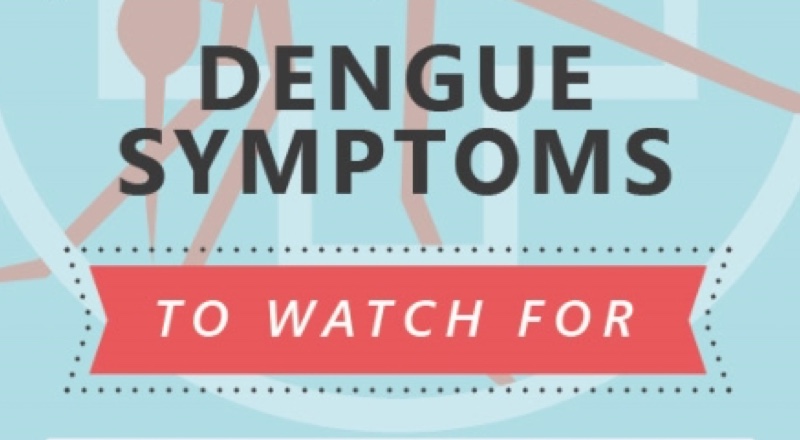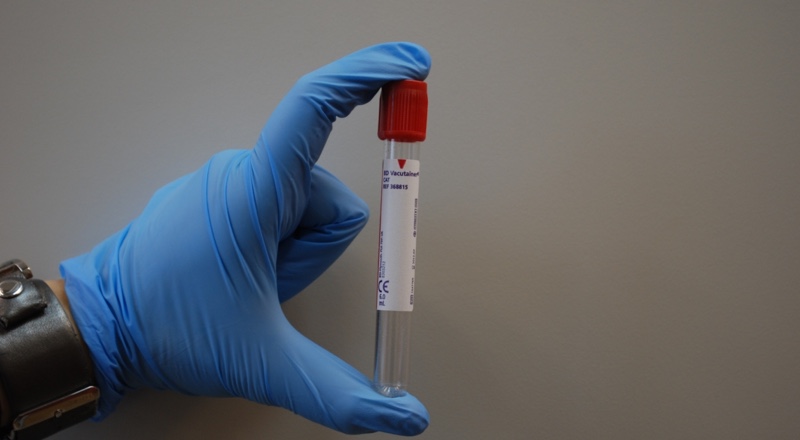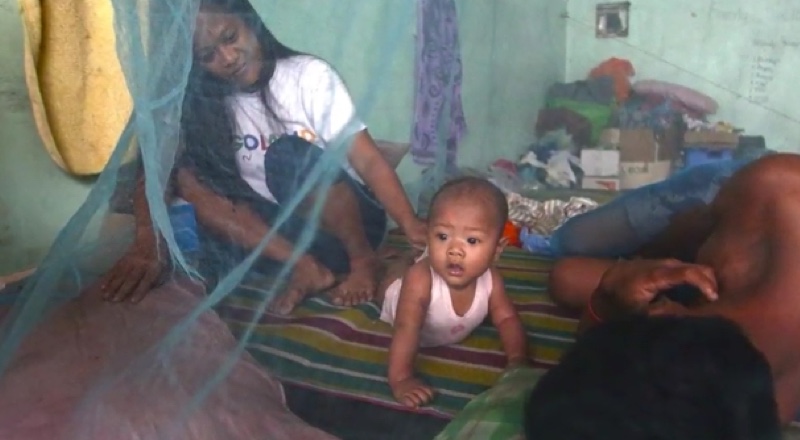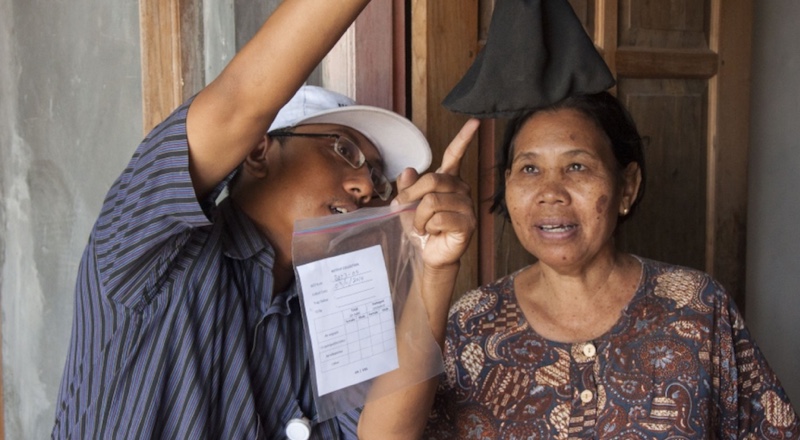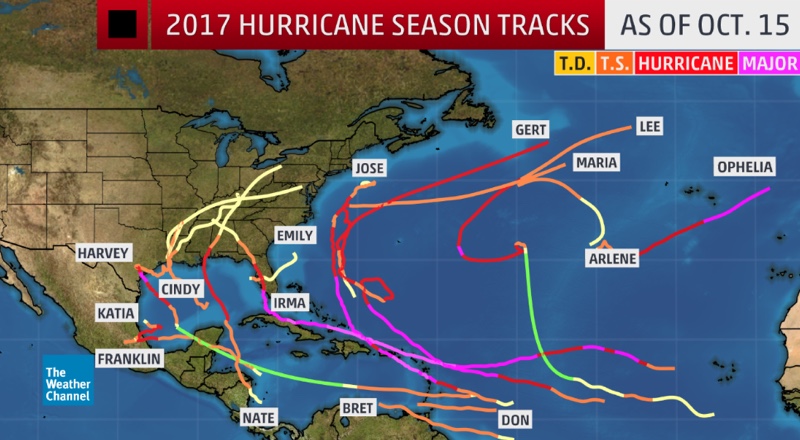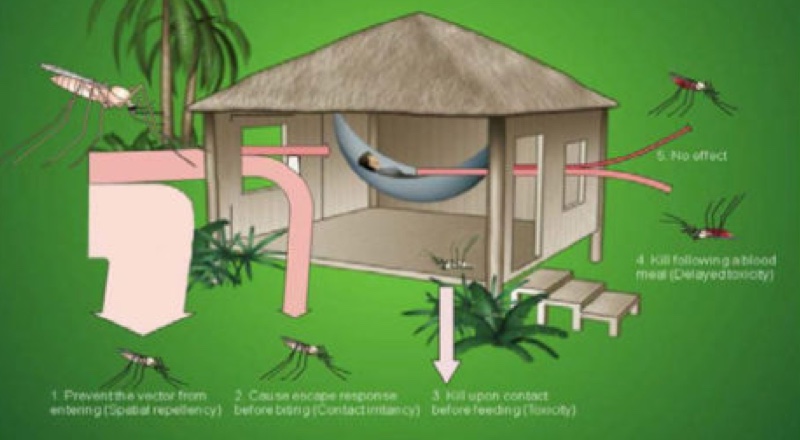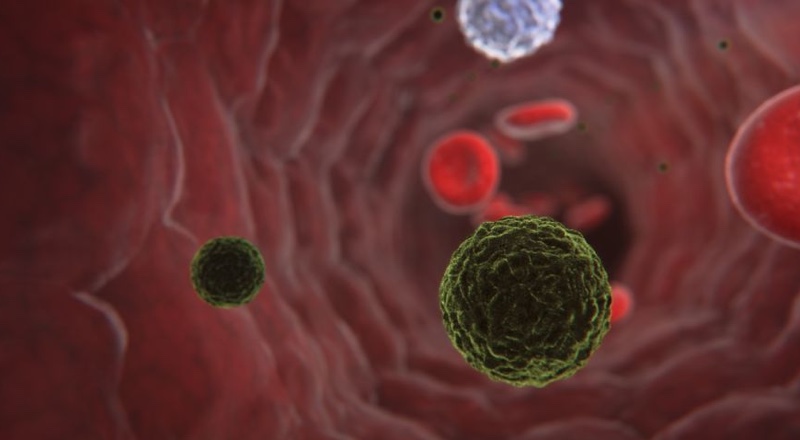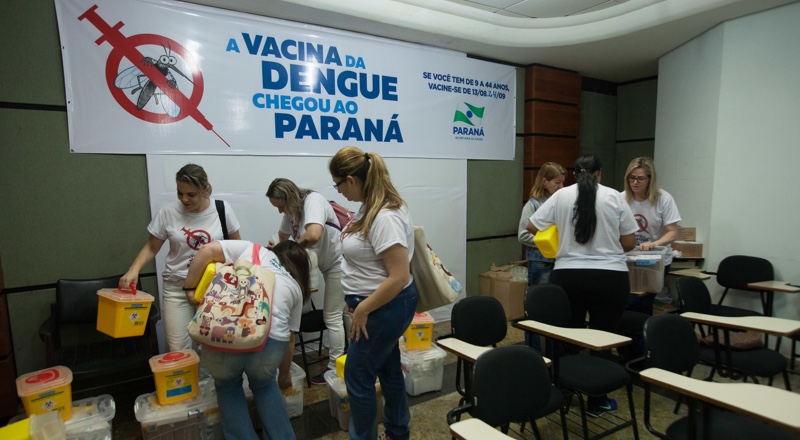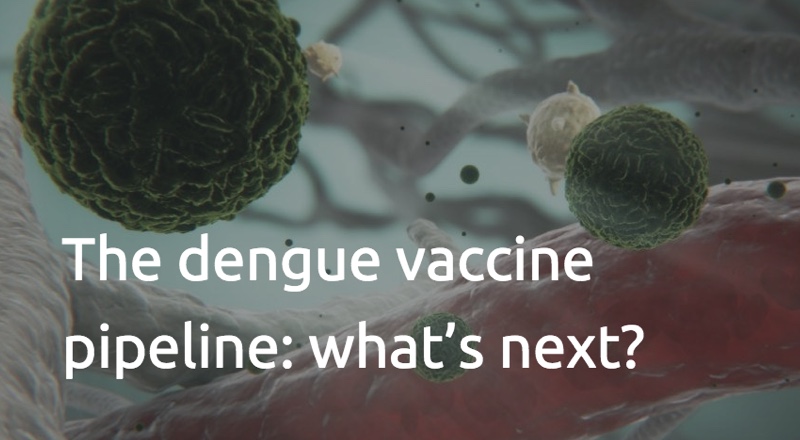Chapter 1: What is dengue fever
Dengue fever is a viral disease spread by mosquitoes. Four closely related viruses cause dengue. It is the fastest-growing mosquito-borne viral infection in the world.
Dengue is found in more than 150 countries – more than 40% of the world’s population live in at-risk areas. Most cases are reported in Southeast Asia, Latin America and the Western Pacific, and the disease is also found in many African countries.
Symptoms of the disease include fever, headache, pain behind the eyes, muscle and joint pain, and rash. People infected with dengue often experience long-term disease.
Dengue fever can, in some cases, be life-threatening. Severe dengue causes abdominal pain and vomiting, breathing difficulties and a decrease in blood platelets that can lead to internal bleeding.
Around 2.5% of people affected by severe dengue die from the disease. There is no cure for infection.
Chapter 2: The burden of dengue
Dengue’s impact today is 30 times greater than 50 years ago. An estimated 400 million people are infected each year – more than malaria, zika and yellow fever combined.
Every 25 minutes a life is lost to dengue. That’s 50 per day.
Dengue can have a devastating impact on families, communities and the wider economy. Healthcare costs are often paid out-of-pocket by families. Adults may miss work due to illness or to care for a sick child with dengue fever. Most people affected will recover but may suffer debilitating fatigue for weeks or months.
Globally, dengue costs $8 billion per year. The average cost of an individual (non-fatal) case is $151. Fatal cases are estimated to cost around $84,000.
Chapter 3: Diagnosing & treating dengue
There is no single cure for dengue fever infection. Fighting the disease requires a combination of mosquito control, disease surveillance, research on treatment and diagnostics, and preventative vaccines.
Dengue is difficult to diagnose. Its symptoms are often confused with other viral illnesses.
Researchers are working on new diagnostic tests that would help to identify dengue early and accurately. This would enable timely treatment, improve disease surveillance, and help authorities make best use of dengue vaccines.
There is no specific medicine to treat dengue infection. Supportive care with analgesics, fluid replacement, and bed rest are usually helpful. Acetaminophen may be used to treat fever and relieve other symptoms. Aspirin, nonsteroidal anti-inflammatory drugs (NSAIDs), and corticosteroids should be avoided. Management of severe dengue requires careful attention to fluid management and proactive treatment of hemorrhage.
A couple of dedicated dengue treatments are currently under development.
Chapter 4: Preventing dengue
You can take a number of practical steps to combat the mosquitoes that spread dengue. This toolkit shows how you can prevent mosquitoes from breeding in your home and local area.
Window screens, long-sleeved clothing and insect repellent can also help reduce your risk of being bitten.
Innovative ways to reduce the overall mosquito population are also being trialled by scientists. These included genetically-modified mosquitoes, infecting mosquitoes with naturally-occurring bacteria, and breeding small fish to control mosquito larvae.
Chapter 5: Vaccination against dengue
The world’s first dengue vaccine is now available for people aged 9 to 45. The World Health Organization (WHO) has recommended its use in areas where dengue is endemic i.e. where most people are likely to have been exposed to a dengue virus.
Find out more about the WHO position on dengue vaccination.
The vaccine is most suitable for people who have had a prior dengue infection.
A number of new vaccines are also in the pipeline and may become available in the years to come – if they meet stringent safety and efficacy tests.
Vaccines against all diseases – from measles and polio to flu and cervical cancer – have faced crises of confidence. While vaccines are developed and approved on the basis of medical and scientific evidence, the decision to vaccinate can be informed by science, emotion and even political belief.
The fact that dengue is caused by several viruses, that second infections can be particularly serious, and that the vaccine is best suited to people older than nine years of age, makes dengue vaccination more complex than many established vaccines given to infants.
To overcome dengue, experts believe a combination of improved diagnostics and treatment, mosquito-control, vaccination and disease surveillance will be required.


